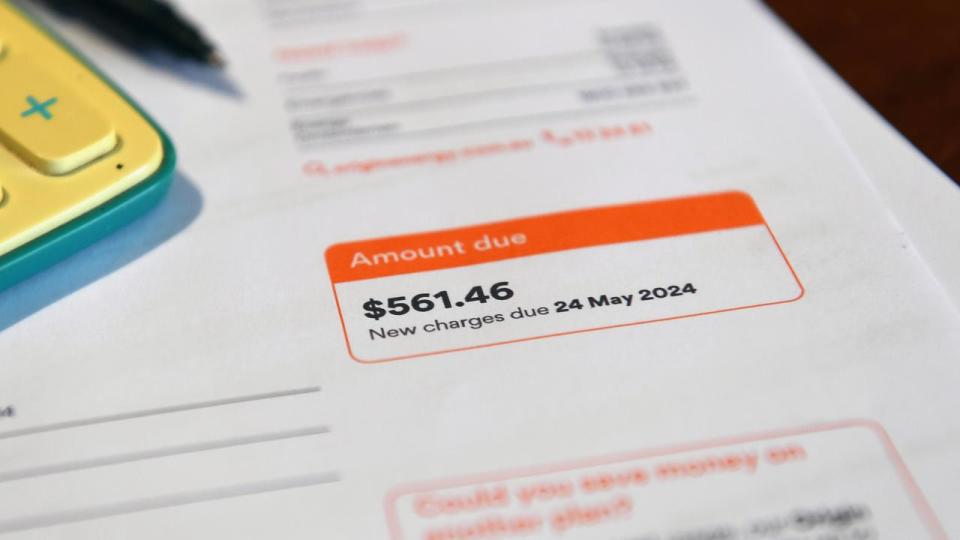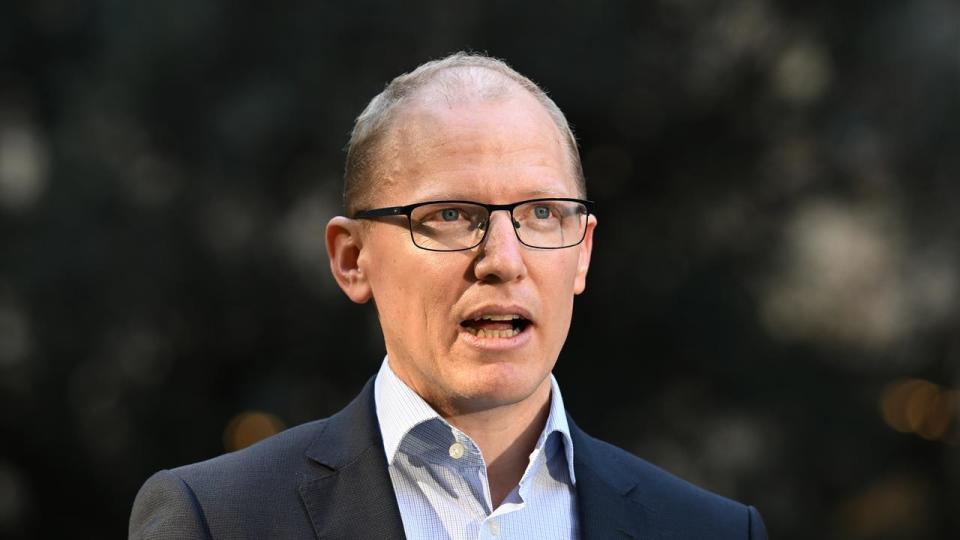Not the size of the energy build, but how we use it
Using the millions of untapped energy resources in people's homes and garages, fairly and without exposing private data, is one of the biggest challenges of the energy transition.
"I'd love us to double down on how we can actually become much more efficient with the energy we use," Horizon Power chief executive Stephanie Unwin told an industry conference in Melbourne on Wednesday.
"It doesn't all have to be about the same supply or supply times seven to make this electrified world,'' she said.
"It could be about using what we have incredibly better than we currently do."

Ms Unwin said a lot of the heavy lifting could be done "behind the meter" in homes, including how we use cars and batteries, or "just in front of the meter" on smarter generation, transmission and distribution.
Anna Collyer, chair of Australian Energy Market Commission, conceded fast-tracking smart meters that can see into homes and monitor aircon and heating, dishwashers, pool pumps and rooftop solar may still alarm some people.
But consumers are also worried about being dudded by unexpected changes in tariffs and she said additional consumer protections were needed for the rollout to be a success.
"We expect we may need to push back the final determination to give us time to do this," she said.
Australia's energy tsars sounded a warning for staying the course on network decarbonisation, with sustained utility-scale investment needed nationwide.
"Doing nothing is not an option," Australian Energy Market Operator chief executive Daniel Westerman said.
Most of the decline in the nation's greenhouse gas emissions is projected to come from the electricity sector under the 82 per cent national renewable electricity target.
But the coalition has vowed to tear up interim targets, prolong the use of fossil fuel-fired energy generation and repeal a longstanding nuclear ban to add reactors to the power mix to get to net-zero emissions by 2050.
Mr Westerman, responsible for the operations and planning of Australia's energy systems and markets, said the "least-cost objective" was an important one and the latest Integrated System Plan (ISP), due for release within weeks, should provide confidence.
"As coal-fired power stations retire, renewables - connected with transition and distribution, supported by hydro, batteries and gas-fired power generation - is the lowest cost way to supply electricity to homes and businesses," he said.

But he acknowledged the need to build trust in the community so that the plans for rebuilding the power system don't land with a shock.
AGL chief executive Damien Nicks called for "stability in policies so that we can all get behind making billions of dollars of investment in this market."
"This is an enormous transition ... we all need to coordinate to ensure we do this as efficiently as possible," he told Australian Energy Week 2024.
But households view gas and electricity providers as offering worse value for money and being less trustworthy than supermarkets, according to the latest Energy Consumer Sentiment Survey.
The survey by Energy Consumers Australia canvassed the views of more than 2100 households and 500 small business owners nationwide.
Consumer advocate Brendan French said there were substantial savings on bills to be had for consumers who can afford to upgrade their homes, but more and more Australians were under financial pressure.

 Yahoo Finance
Yahoo Finance 